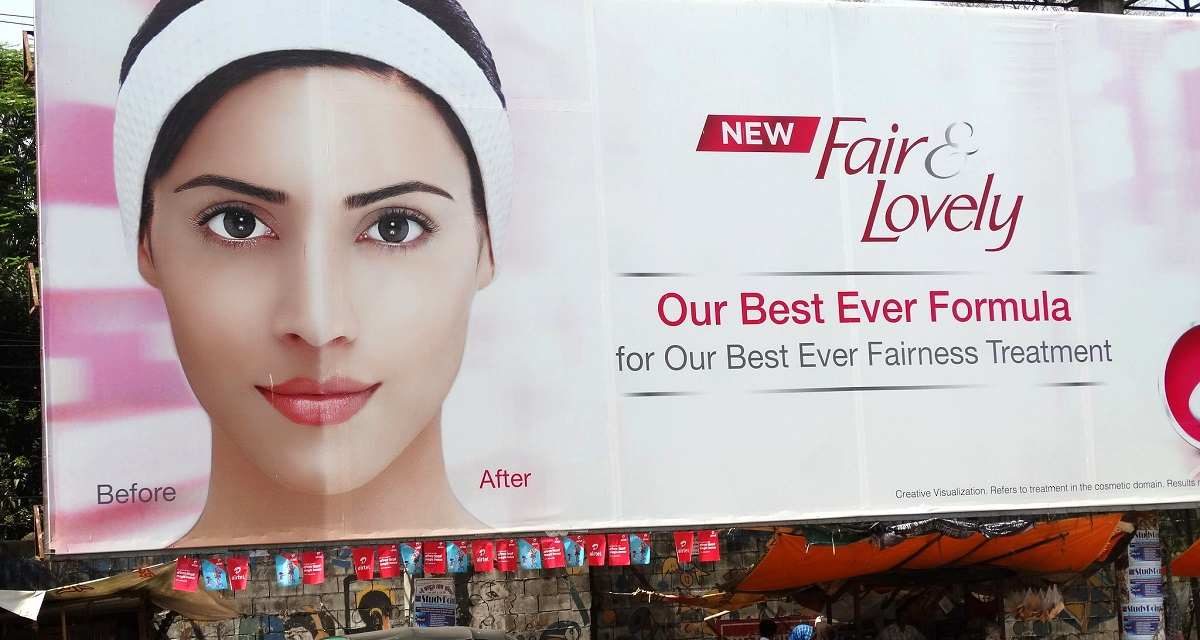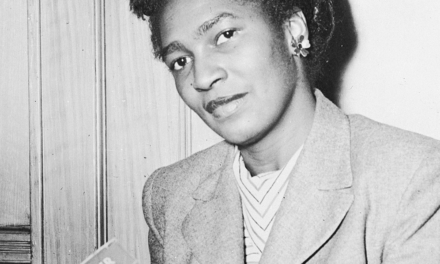Skin tones and the biases associated with them have been a highly discussed topic in a time where more and more racial injustices are taking centre stage. And amid that, a frequently criticised phenomenon — fairness creams like Unilever’s brand Fair & Lovely and other such products — has cropped up in the discussion.
The global consumer giant Unilever’s Indian arm said on Thursday that it would rebrand its skin-lightening cream ‘Fair and Lovely’ by removing the ‘Fair’, adding that the new name for the cream was awaiting regulatory approvals.
The change has been triggered through years of criticism the product received equating beauty with fair skin with a promise to lighten the user’s skin colour.
“We’re committed to a skincare portfolio that’s inclusive of all skin tones, celebrating the diversity of beauty. That’s why we’re removing the words ‘fairness’, ‘whitening’ and ‘lightening’ from products, and changing the brand name,” the company tweeted.
In a press release, Sunny Jain, the President of Beauty and Personal Care, said that the company was looking at a more “inclusive vision of beauty”. He added that over the years the company had changed its advertising, communication and packaging in South Asia, and now, changing the brand name would be the next step forward.
“We want Fair & Lovely to become a brand that celebrates glowing and radiant skin, regardless of skin tone,” Jain was quoted as saying.
Rampant Colourism in South Asia
‘Colourism’, as a practice in the glamour world is perhaps the most visible form of racism in the subcontinent.
A recent study found that more than half of 1,992 men and women surveyed about product use in India had tried skin whiteners, and close to half (44.6%) felt the need to try such products due to media such as TV and advertisements.
In a country of largely various shades of brown and black, skin tone dictates roles for actors too. India’s top star Shah Rukh Khan too thought nothing of advertising for a fairness cream. The ‘bai’ or ‘kaamwaali’ (maid) in cinema and on TV shows is often marked out from the heroine by way of skin-tone signalling. Even for atmosphere artists or dancers in group film songs, a clear preference for white skin is visible in the market for South Asian stars that flourish in film city.
In the news, anchors of most channels are also whitened, and magazine cover models are put through extensive photoshopping which has only deepened the acceptance of strong white preferences.
Even a popular matrimonial site known as Shaadi.com only last week removed the option that allowed users to filter potential matches by the colour of their skin for similar reasons.
Not everyone is happy though
Though many commend the rebrand, the company has received further backlash about the product continuing to sell.
“Is it really enough?” a Twitter user asked. “Using the words ‘glow’ and ‘brighten’ doesn’t really change what the product was built for.”
Thousands of people have signed online petitions in recent weeks, accusing Unilever of promoting “anti-blackness” and calling on the company to halt production and marketing of its Fair & Lovely brand.
In its statement, Unilever said the brand “has never been, and is not, a skin bleaching product.” But it acknowledged that last year, it removed “shade guides” from its packaging in India. These were colour charts – like paint swatches – that allowed customers to chart the lightening of their skin.
Change is coming
But things do seem to be changing. Johnson & Johnson recently announced that they are dropping skin-whitening creams. This decision also came after renewed social pressure in recent weeks amid a global debate about racial inequality.
Johnson & Johnson’s decision to stop selling these products is positive but long overdue. Nonetheless, this news is a step in the right direction and a huge win (and hopefully the first of many) for the fight against colourism.
- Travellers are Rethinking Flying as Flight Shaming Takes Off - 1st March 2021
- Oxford-Backed Project Connects Partition Survivors to Their Ancestral Homes - 22nd February 2021
- Helping Your Own: A Young Aslyum Seeker Explains the Importance of Volunteering in the COVID Era - 7th September 2020






